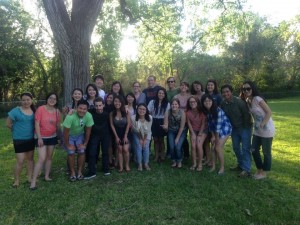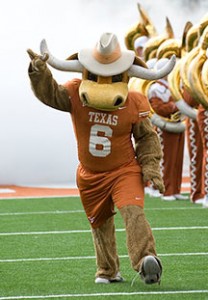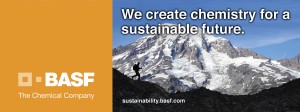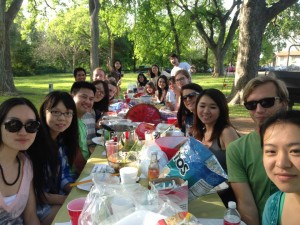
Recently, the MPA International Connection hosted a potluck where international students shared foods from their respective home countries. Fortunately, they invited all of us to come and try them out. In good spirit, the domestic students brought some of their own food to share with the international students. Career Consultant Dawn Shaw was there, too, helping promote unity among the varied group of students in the MPA program.
About 25 students brought food from China, Philippines, Korea, Vietnam, Mexico, Hawaii, and elsewhere. My only regret is that I didn’t save more room for the Korean BBQ. A bigger sampling might have given me enough ammo to write about another stop on my “BBQ trail” even though it’s pretty different from Texas BBQ. There was so much food that I didn’t get to eat a substantial amount of any one dish, but I do not regret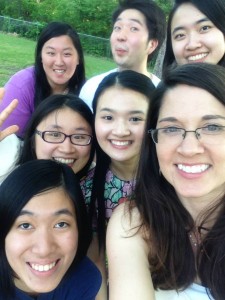 taking the opportunity to try out each one. My contribution, being a southerner, wassouthern-style sweet tea. I made a regular sweet tea version and another one infused with fruit.
taking the opportunity to try out each one. My contribution, being a southerner, wassouthern-style sweet tea. I made a regular sweet tea version and another one infused with fruit.
Altogether, it was a great way to branch out and try something new that you would not otherwise be exposed to. I have always enjoyed eating foreign foods, but there’s nothing like home-cooking. That is a truism that transcends national and cultural boundaries. It also provided a venue to better get to know some fellow students who we may not have known at all otherwise.
That there is enough interest in an event like this is a testament to the diversity of the Texas MPA class, which is a quality important to me. I have enjoyed my travels outside the US and look forward to future travels, but experiencing fellowship in this context with others who are outside their home countries is the next best thing.

